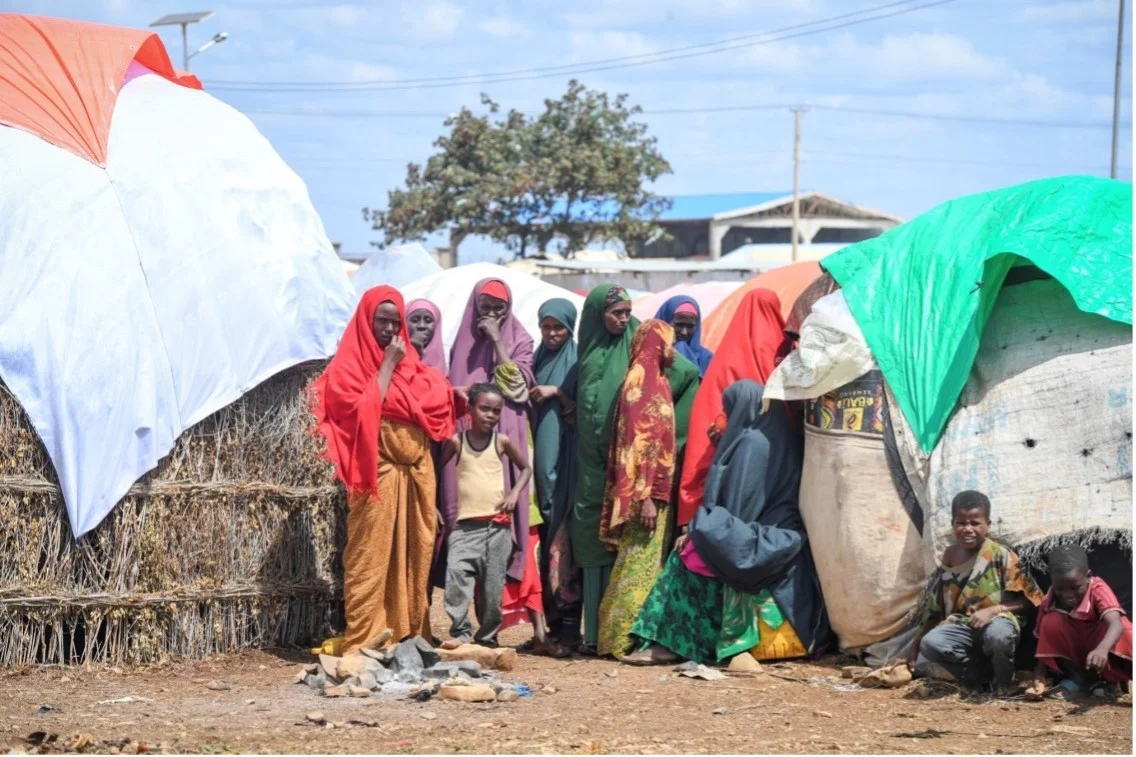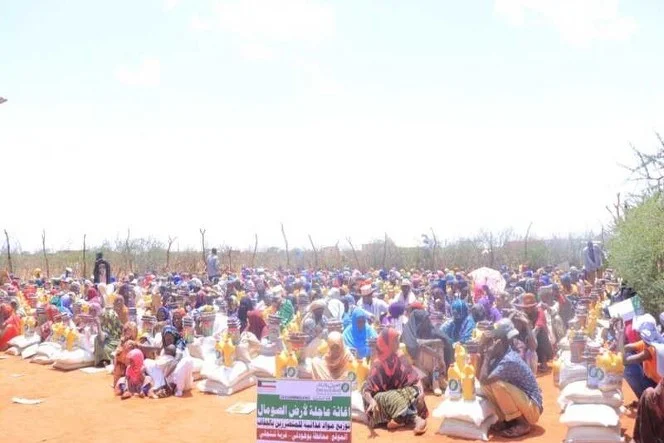“Solidarity” project in Somalia and Somaliland
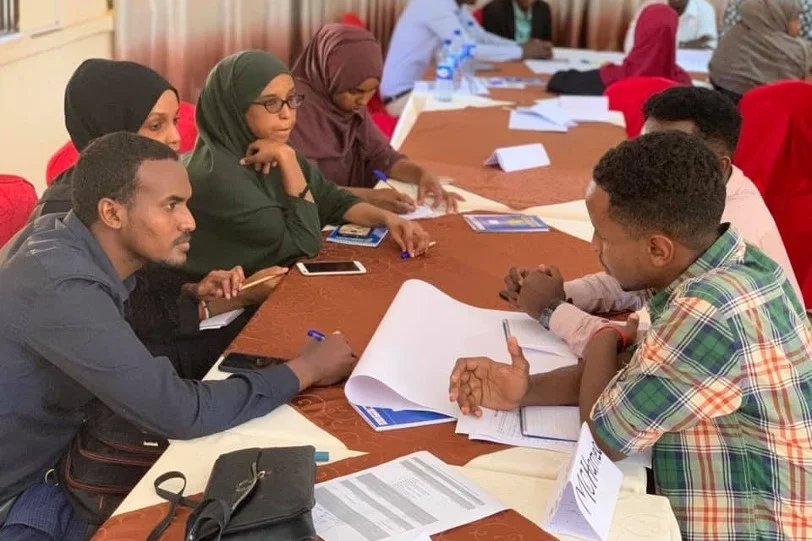
In partnership with local partners and with generous support from the Islamic Development Bank (IsDB) and the Islamic Solidarity Fund for Development (ISFD), the “Solidarity” program reaches Somalia and Somaliland with plans and activities to help youth and women recover from the repercussions of COVID-19.
From climate shocks to disease outbreaks and recurring conflicts, the Somali people have lived through many years of struggle. COVID-19 has exacerbated the situation with up to 20% of Somalia’s population expected to suffer from the direct and indirect effects of the pandemic. According to officials, unemployment is widespread in Somalia, with nearly 49% of the population between the ages of 15 and 64 unemployed.
The conflict over the past years has led to problems at the level of food and water security. Social problems also exacerbated the crisis. Women, youth, refugees and migrants are the groups that suffer most. Women and youth are disproportionately affected in emergencies due to lack of access to health services and scarcity of public services.
To alleviate the challenges they face, SPARK launched a solidarity program in Somalia and Somaliland.
“This is a powerful opportunity for SPARK to relaunch its activities in Somalia and Somaliland and respond to the increasingly urgent needs of youth and women to access sustainable jobs and economic opportunities,” said Murad Hentati, SPARK’s North Africa Regional Program Director.
A roadmap to help business grow
The program, designed with a group of local partners and with generous support from the Islamic Development Bank (IsDB) and the Islamic Solidarity Fund for Development (ISFD), has two main parts: the first supports emergency needs to combat the COVID-19 pandemic, and the second is building resilience through skill-building and job creation activities. . As such, priority is being given to the health and education sectors, with 90 healthcare workers being provided with short vocational courses to acquire skills related to emergencies and COVID-19.
Women and other vulnerable groups will be able to access higher vocational education degrees or develop skills in relevant sectors of the labor market. Spark expects that 500 young people (50% women) will get sustainable jobs and 90 entrepreneurs will start their own small and medium enterprises (MSMEs) or home-based businesses.
SPARK in Somalia and Somaliland
Spark has previously supported youth in Somalia and Somaliland through its Local Employment in Africa for Development (LEAD) programme, which focused on helping businesses and SMEs grow by giving them the opportunity to gain technical skills, market access, and more.
One of the pioneering stories is the Sham Factory. Cham Factory, which joined the LEED programme, has been producing floor tiles since 2009. The sales and marketing team received customer service training and gained public attention for their locally made tiles, which helped them reach more customers. This has helped Sham Factory get closer to its goal of expanding its scope and opening branches in Somaliland.
 Algeria
Algeria Bahrain
Bahrain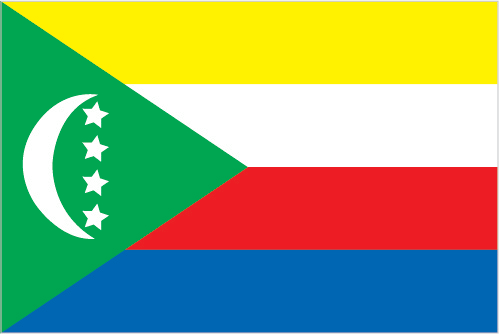 Comoros
Comoros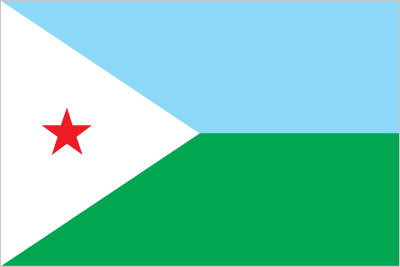 Djibouti
Djibouti Egypt
Egypt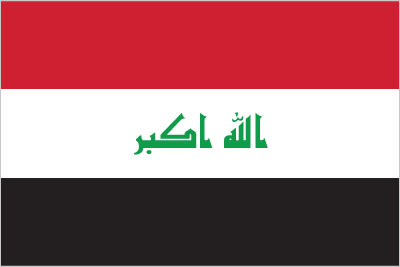 Iraq
Iraq Jordan
Jordan Kuwait
Kuwait Lebanon
Lebanon Libya
Libya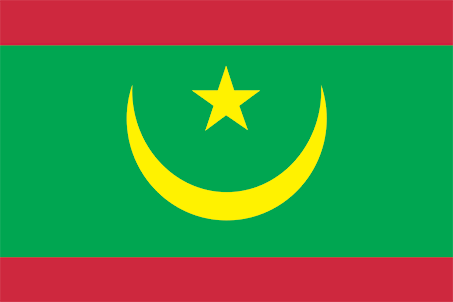 Mauritania
Mauritania Morocco
Morocco Oman
Oman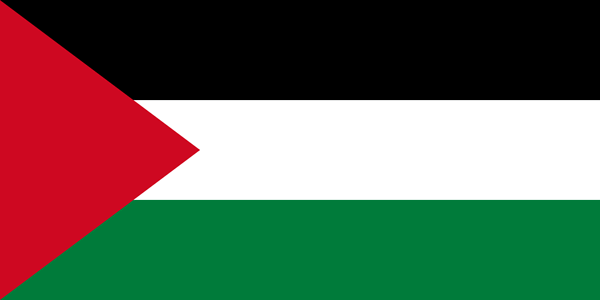 Palestine
Palestine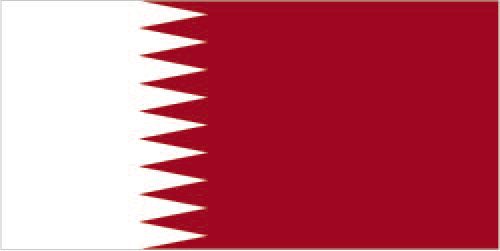 Qatar
Qatar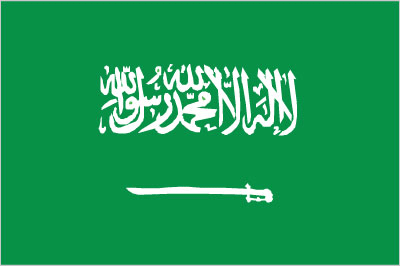 Saudi Arabia
Saudi Arabia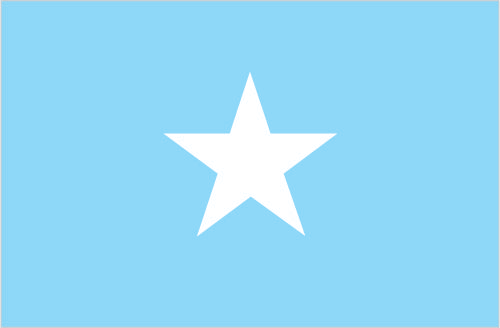 Somalia
Somalia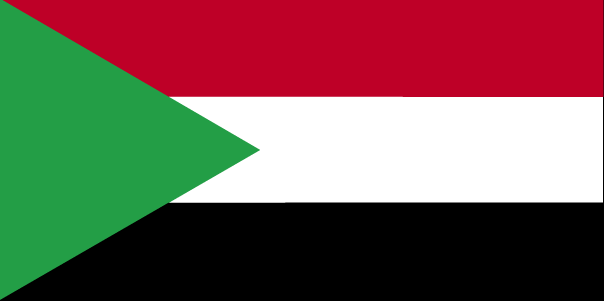 Sudan
Sudan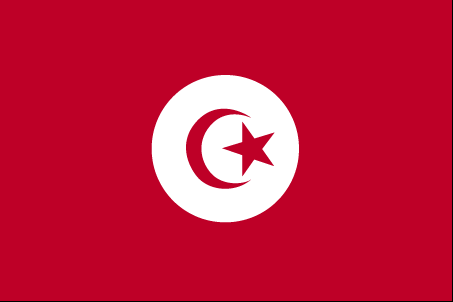 Tunisia
Tunisia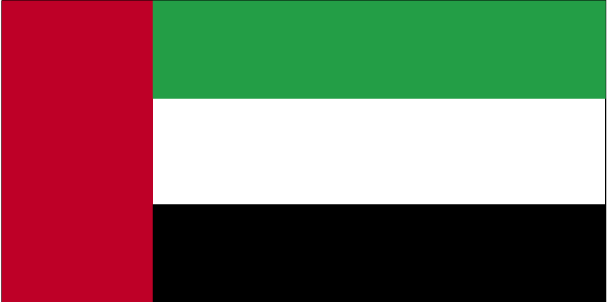 UAE
UAE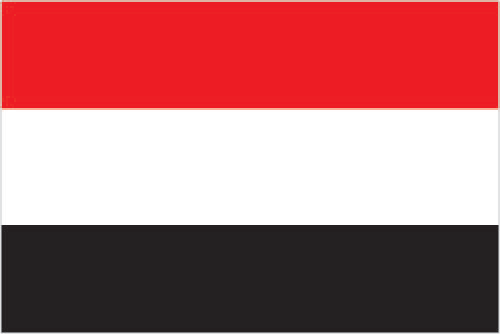 Yemen
Yemen